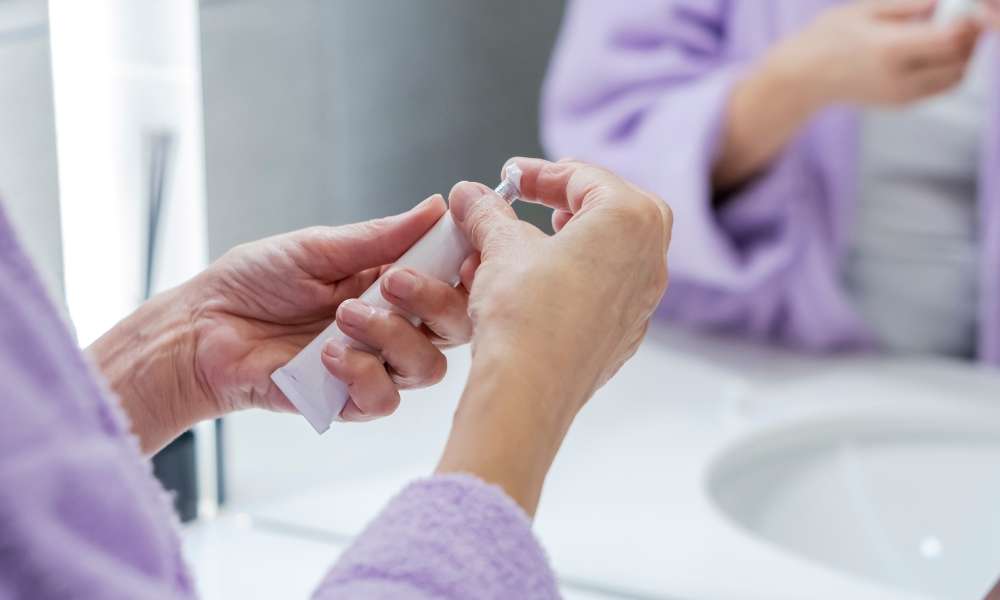Hormone Replacement Therapy (HRT) has become a critical consideration for many individuals seeking relief from the symptoms of menopause or hormonal imbalances. The choice of the best form of HRT is influenced by various factors, including individual health needs, the severity of symptoms, and personal preferences. In this comprehensive guide, we will explore the different forms of HRT, their benefits, and considerations to help you make an informed decision. At St Johns Wellness, we are dedicated to providing personalized care and guidance for those considering HRT.
Understanding Hormone Replacement Therapy
HRT is a treatment used to supplement or replace hormones that the body no longer produces in sufficient quantities. It is commonly used to alleviate symptoms of menopause such as hot flashes, night sweats, mood swings, and vaginal dryness. HRT can also help prevent bone loss and reduce the risk of osteoporosis in postmenopausal women.
Forms of Hormone Replacement Therapy
HRT comes in various forms, each with its own advantages and considerations. The best form for you will depend on your specific needs and health profile.
1. Oral Hormone Replacement Therapy
Oral HRT involves taking hormone pills, usually estrogen alone or a combination of estrogen and progestin. This form is convenient and widely used. However, it passes through the digestive system and liver, which can affect its efficacy and increase the risk of side effects such as blood clots and liver problems.
Advantages:
- Easy to use
- Effective in relieving menopausal symptoms
Considerations:
- Increased risk of blood clots and liver issues
- Requires daily administration
2. Transdermal Hormone Replacement Therapy
Transdermal HRT involves applying a patch, gel, or cream to the skin. The hormones are absorbed directly into the bloodstream, bypassing the liver and reducing the risk of certain side effects.
Advantages:
- Lower risk of blood clots and liver problems
- Steady hormone levels
Considerations:
- Potential for skin irritation
- Requires regular application
3. Topical Hormone Replacement Therapy
Topical HRT includes creams, gels, and sprays applied directly to the skin. This form allows for localized treatment, which can be beneficial for vaginal symptoms.
Advantages:
- Targeted treatment
- Lower systemic absorption
Considerations:
- Limited to treating local symptoms
- Requires regular application
4. Vaginal Hormone Replacement Therapy
Vaginal HRT involves the use of creams, tablets, or rings inserted into the vagina. This form is particularly effective for treating vaginal dryness, discomfort during intercourse, and urinary symptoms.
Advantages:
- Effective for local symptoms
- Minimal systemic absorption
Considerations:
- Limited to treating vaginal and urinary symptoms
- Requires regular use
5. Bioidentical Hormone Replacement Therapy
Bioidentical HRT uses hormones that are chemically identical to those produced by the human body. These hormones can be administered in various forms, including oral, transdermal, and topical.
Advantages:
- Hormones are identical to natural ones
- Can be tailored to individual needs
Considerations:
- Not all bioidentical hormones are FDA-approved
- Requires careful monitoring
Choosing the Best Form of HRT
The best form of HRT for you will depend on your specific symptoms, health status, and personal preferences. It is essential to consult with a healthcare provider who can evaluate your individual needs and recommend the most appropriate treatment. At St Johns Wellness, we take a personalized approach to HRT, considering all factors to ensure the best possible outcomes for our patients.
Factors to Consider
When choosing the best form of HRT, consider the following factors:
- Symptoms: Determine which symptoms you need to address and choose a form of HRT that effectively targets those symptoms.
- Health Risks: Evaluate your overall health and any potential risks associated with HRT, such as a history of blood clots, liver disease, or breast cancer.
- Convenience: Consider how easy and convenient the treatment is for your lifestyle. Some forms of HRT require daily administration, while others may be less frequent.
- Personal Preferences: Your comfort with the method of administration (oral, transdermal, topical, or vaginal) will play a significant role in your decision.
Conclusion
Hormone Replacement Therapy offers relief and improved quality of life for many individuals experiencing hormonal imbalances or menopausal symptoms. The best form of HRT varies from person to person, depending on individual health needs and preferences. By working closely with healthcare professionals, such as those at St Johns Wellness, you can find the most suitable form of HRT to manage your symptoms effectively and safely. Remember, personalized care and informed decision-making are key to achieving the best outcomes with HRT.






